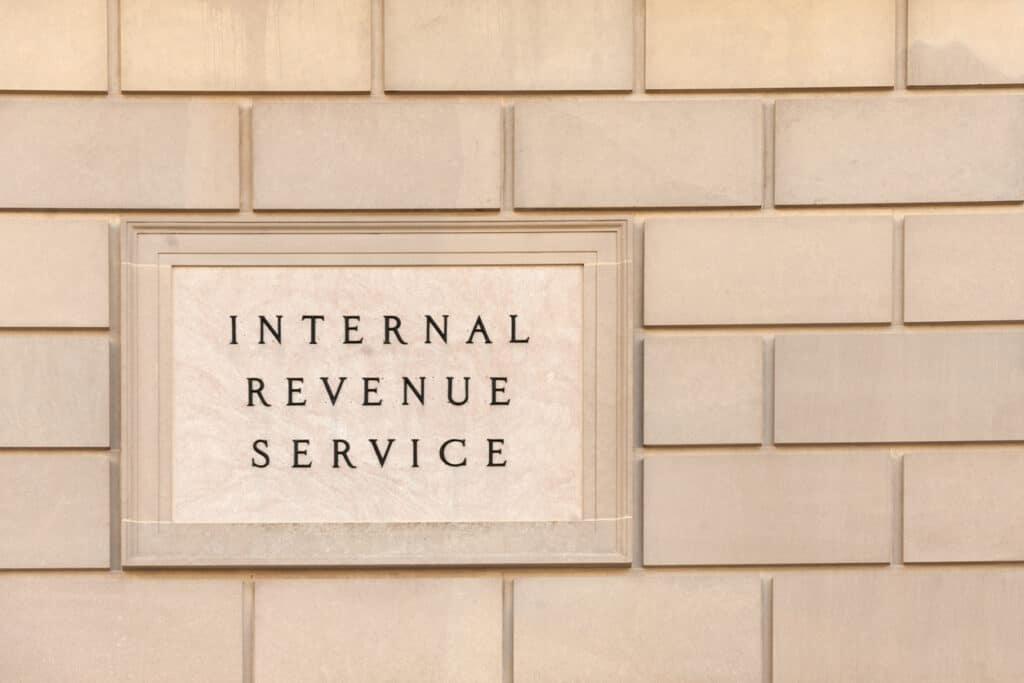On March 2, a bipartisan group of senators introduced the IRS Whistleblower Program Improvement Act of 2023. The bill offers reforms to the IRS Whistleblower Program, which has been plagued by a number of issues over the past few years. Key reforms include the implementation of de novo review of award decisions and interest payments on delayed whistleblower awards.
“The IRS tax whistleblower program is in crisis,” said Stephen M. Kohn, leading whistleblower attorney at Kohn, Kohn & Colapinto and Chairman of the Board of Directors of the National Whistleblower Center. “The obstacles facing tax whistleblowers are unfair and intolerable. Congress required the IRS to pay whistleblowers a reward in large scale tax fraud cases. But the enforcement of this law has been crippled by loopholes. Wealthy Americans easily evade paying their fair share, while middle class taxpayers are overly burdened.”
Whistleblower advocates have been calling for reforms to the IRS Whistleblower Program for a number of years. While the program has been an immense success, awarding whistleblowers over $1 billion based on the collection of over $6 billion in back taxes, interest, penalties, and criminal fines and sanctions since 2007, its issues have begun to undermine the program. The program’s most recent annual report to Congress revealed that the annual money recovered by the program fell from $1.44 billion in Fiscal Year 2018 to just $245 million in Fiscal Year 2021.
The IRS Whistleblower Program Improvement Act was introduced by Senators Charles Grassley (R-IA), Ron Wyden (D-OR), Roger Wicker (R-MS) and Ben Cardin (D-MD).
“Whistleblowers play an essential role in helping to identify and root out tax cheating schemes that rip off the American people for huge amounts of money. The numbers show that the IRS whistleblower program works, and my view is the Senate ought to look for every opportunity to improve it,” Wyden said. “It takes real courage to blow the whistle and help put an end to illegal tax cheating schemes, and our bill will go a long way to strengthen protections for the brave Americans who come forward.”
“The IRS Whistleblower Awards Program has a proven track record of success in preventing tax dodgers and fraudsters from cheating the American tax system. Whistleblowers are essential to this process,” Grassley said. “Our bill will provide improved protection and support for whistleblowers so that this program can continue to encourage cooperation in improving compliance and fairness in our tax system.”
According to the Senators’ press release, the reforms offered by the bill include:
- “Provide for De Novo review in appeals heard by the U.S. Tax Court, allowing for new evidence to be admitted to the record;
- Establish a presumption of anonymity for whistleblowers before the court;
- Exempt whistleblower awards from budget sequestration;
- Provide that interest be paid to awardees if the whistleblower award has not been paid within one year of the IRS collecting all proceeds;
“Tax whistleblowers should be thrilled with this good news from Congress – that legislation to improve the IRS whistleblower program is being reintroduced on a bipartisan basis,” said tax whistleblower attorney Dean Zerbe of Zerbe, Miller, Fingeret, Frank & Jadav. “Their long leadership is greatly welcomed by whistleblowers. The reforms – especially clarifying that whistleblowers will have de novo review of their cases in Tax Court – is particularly important to ensure that whistleblowers get a fair hearing. Tax whistleblowers will be particularly heartened by the news that the legislation will impose interest payments on the IRS if they delay in making awards. It is important that Congress is sending the strong signal to the IRS that tax whistleblowers need to be paid promptly. The introduction of these important reforms to the tax whistleblower program is a good day for honest taxpayers; a great day for tax whistleblowers; and a terrible day for tax cheats.”
Further Reading:
Grassley, Wyden, Wicker, Cardin Introduce Bipartisan Bill to Strengthen IRS Whistleblower Program
The IRS Whistleblower Program is in Even Worse Shape than We Thought
